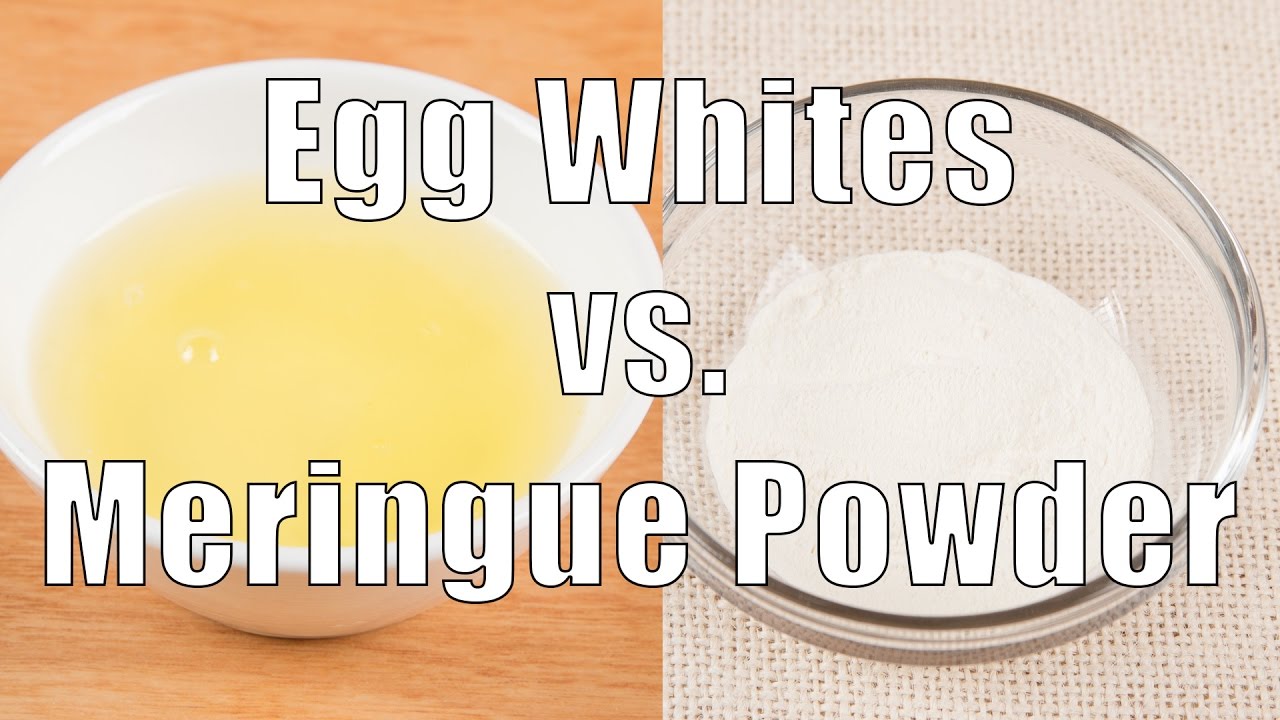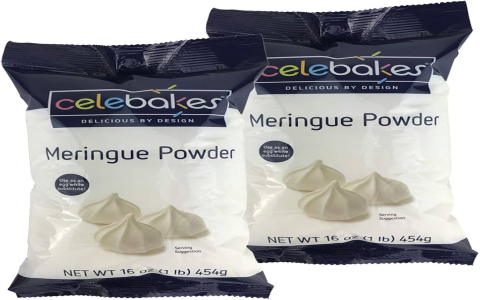When it comes to crafting the perfect dessert, meringue powder is often a go-to ingredient for bakers aiming to achieve that airy and fluffy texture in their creations. However, many home bakers find themselves searching for alternatives, with egg whites being a feasible substitute. The question arises: how much egg white should you use to replace meringue powder, and how does it affect your baking?
Exploring the Functions of Meringue Powder
Before diving into substitutions, it’s essential to understand what meringue powder really adds to your recipes. Comprised primarily of dried egg whites, meringue powder also contains sugar, cornstarch, and stabilizers to improve shelf life and stability. It is often preferred for its convenience and longevity compared to fresh egg whites. Bakers use it for making royal icing, meringues, and other recipes that require whipped egg whites, owing to its consistent performance and ease of use.

Substituting Egg Whites for Meringue Powder
If you’re leaning towards fresh egg whites, determine the appropriate substitution ratio to maintain texture and functionality. Typically, two teaspoons of meringue powder combined with two tablespoons of water can be replaced with one large egg white. This conversion is grounded in the fact that a large egg white approximately equals two tablespoons of liquid.
When substituting, consider the moisture content that fresh egg whites introduce into your recipe. While meringue powder is dry and stable, egg whites add liquid, which may slightly alter the consistency of your mixture. Adjustments in other liquid ingredients might be necessary to maintain the desired consistency, especially in delicate recipes like macarons or pavlova.
Impact on Taste and Texture
Using fresh egg whites instead of meringue powder can mildly affect the final taste and texture of your baked goods. Meringue powder often contains additives that stabilize and sweeten the meringue. Without these, your baked goods might exhibit slight differences in sweetness and stability. Nonetheless, this natural freshness can enhance the flavor profile, lending an authentic taste to your creations.
Technique and Safety Considerations
It’s crucial to factor in technique when substituting with egg whites. Ensure that the egg whites are at room temperature before whipping to achieve maximum volume. Properly whipping egg whites until they form stiff peaks is key to replicating the voluminous meringue that meringue powder promises. Also, consider pasteurizing your egg whites, as raw egg whites may pose a health risk due to Salmonella.
The freshness of your eggs significantly affects the whipping ability. Fresher eggs tend to whip up denser and more stable compared to older ones, making them ideal for creating meringues and other fluffy desserts.

Practical Tips for Home Bakers
When working with egg whites, cleanliness absolutely matters. Ensure all your tools are free from any grease or fat, as even a small amount can prevent egg whites from whipping to their full potential. Also, invest in a high-quality whisk or mixer to aid in obtaining the best volume and texture.
For those venturing into allergen-friendly baking or recipes requiring a vegan substitute, explore alternatives such as aquafaba, the liquid from canned chickpeas. Known for its whipped consistency that closely mimics egg whites, aquafaba offers a plant-based option that fits seamlessly into many recipes.
Ultimately, substituting egg whites for meringue powder is not just feasible but also an excellent opportunity to savor the natural flavors in your baked goods. Whether you’re driven by dietary preferences or the allure of fresher ingredients, mastering this substitution can elevate your baking endeavors and unveil new dimensions in taste and texture.













